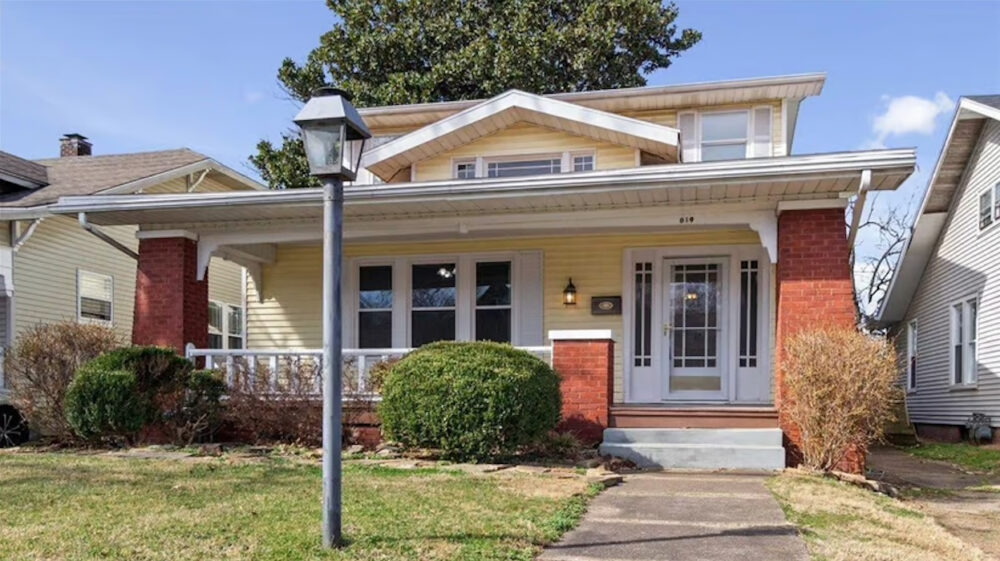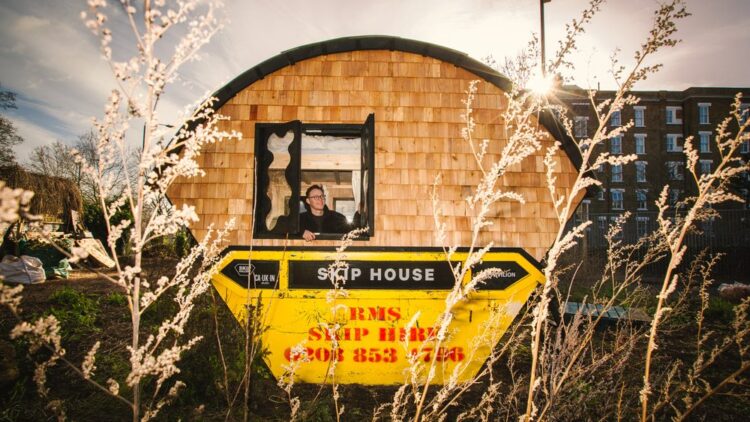How to find out who lived in your house before you

Have you ever wondered who else has called your house home? For owners of older homes, it can be fun to peel back the historical layers and learn about the home’s previous owners and if anything interesting (or fatal) ever happened inside.
With a little detective work, you can find out what construction has been done to the property, information on previous sales, names of previous inhabitants, what historic photos have been taken, or if fires, gas leaks or deaths have occurred there.
Knowing more about who used to live in the home or what the house used to look like before a major renovation project can also help homeowners feel more connected to their place. Here are a few ways to go about uncovering a property’s past.
Internet Sleuthing
Chances are, you’ve already nailed all the standard go-to facts you can pull from wherever you first found your home’s listing, like Zillow or Redfin, but the Multiple Listing Service (MLS) database can also show important historical data, including photos, zoning and property boundaries.
Homes off the market are accessible by real estate agents and it’s likely your agent passed along the MLS listing information when you first purchased the home. However, if you never saw it or can’t find the copy, reach out to them to see if they can pull it for you.
Try typing the address into Google to see if anything surprising pops up. If the house was ever mentioned in a local newspaper, you might even be able to read the article. If the home is in a historic or noteworthy neighborhood, look for any books that have been published about the area.
HouseNovel is a newer site that aims to connect people with their home’s past by capturing its stories. You can put your address in to see if your house’s history has already been recorded. If not, you can add what you know for yourself and future owners.
Local Historical Society or Library
Peruse archives of old newspapers, maps and documentation to see what your property might have been used for before it became a house. Could there have been a farm or factory previously on the site, or was it all open land?
You might be able to discover a permit that contains more information on the home, such as a previous owner’s name along with the name of an architect or builder. The Library of Congress’ Prints and Photographs Online Catalog may contain images of your neighborhood as well, especially if it’s a well-known part of a town.
Check with Neighbors
This requires a slower approach because it usually takes some time to get to know people in your neighborhood. But asking around might unlock the door to everything you want to know about the home. The key is to find someone who has lived in the area for a long time. Even if you come up short on information, you might make a new friend along the way.
Census Records
A census is conducted every 10 years by the U.S. Census Bureau. While records remain confidential for 72 years, anything previous to this time is fair game. The most recent Census available is from 1950. Before that, you can find out how many individuals lived in the home from 1790 to 1940 through the U.S. National Archives and Records Administration.
Find Out if Anyone Died in Your Home
We know it’s morbid and that you might not want to go there, but if you can’t resist, try punching in your address to DiedInHouse.com to see if anyone has passed away on the property. Depending on the state, real estate agents may not need to disclose this during the buying transaction. Although, you may not want to know!
The report you receive for a $12 fee will tell you the cause of cause of death if available. It also reveals meth activity on the site, fire-related incidences, whether any sex offenders live nearby, and tells you where the nearest cemeteries are.
If you locate the name and contact information of a previous owner, consider reaching out to them for more information. Some homeowners are happy to talk about the property and shed light on its history. The worst that can happen is that they say no or don’t respond.
MORE: Looking for a home? Here are 5 cities where you can get the best deal








